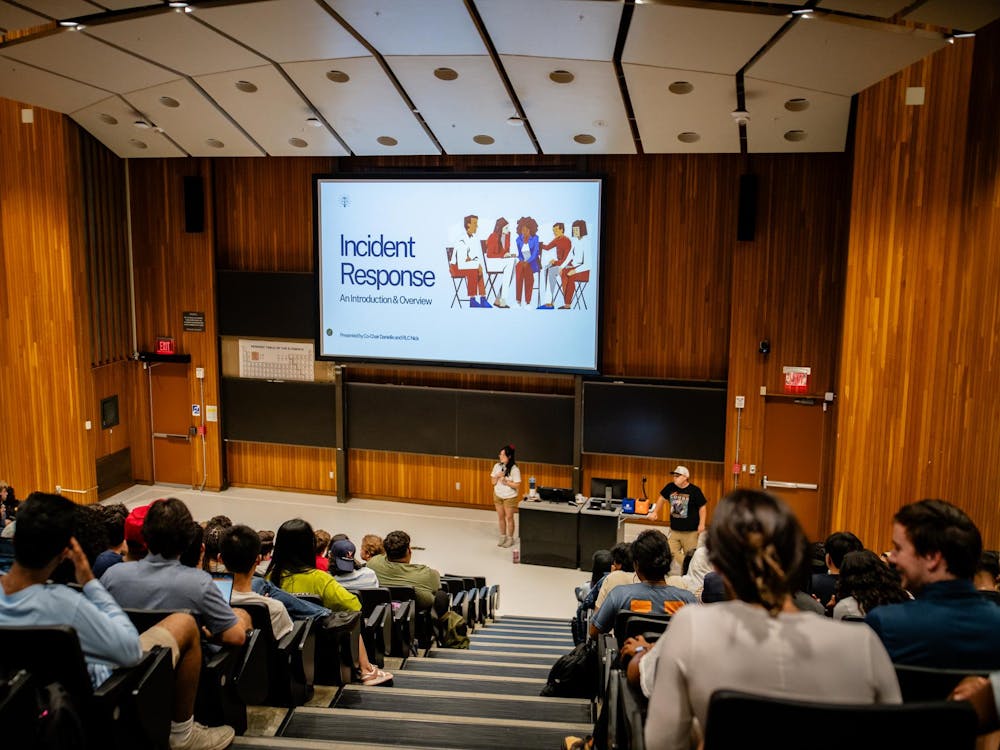On Nov. 22, 1963 French journalist Jean Daniel ate lunch with Fidel Castro in Varadero Beach, Cuba. He was delivering a message of potential reconciliation from President John F. Kennedy to the Cuban prime minister — “an indication,” as Castro would recall, “of a desire to establish contact… to establish a certain kind of communication.” As Daniel and Castro were discussing the possibility of better relations, the telephone rang and Fidel received the news that the president had been shot. “Everything has changed. Everything is going to change,” Castro said. And he was right.
Although not always publicly, and most of the time covertly, each administration since Eisenhower’s has attempted to reestablish connections between Washington and Havana. And with the recent reopening of the U.S. Embassy in Havana, we can say significant progress has finally been made. President Barack Obama has defended his engagement policy with Cuba, claiming that “through a policy of engagement, we can more effectively stand up for our values and help the Cuban people help themselves.” While Obama’s engagement policy with Cuba has removed many market barriers, the island still seems to be imprisoned by a repressive regime that has little consideration for basic human rights.
Opening telecommunications, increasing tourism and embracing foreign culture into the island are all signs that Obama’s policy of engagement has resulted in a Cuba with less restrictions and barriers. Cuba has become an island of great attraction to many tourists and artists from the United States. It has received millions of dollars due to more U.S. tourism and remittances. Yet the humanitarian conditions in the island don’t seem to show any signs of improvement. Although not as frequently as before, journalists continue being silenced, critics of the regime are persecuted and individuals voicing their concerns are being detained.
When the president began the normalization of relations between Havana and Washington, one of the arguments presented by the White House was that an embassy in Havana would provide U.S. diplomats more freedom and flexibility to move around the island than the previously established “interests section.” However, according to Cuban dissident Antonio G. Rodiles, U.S. diplomats are being seen less than before around the island, and concerns about human rights have been “sidelined” when it comes to U.S. policy towards Cuba.
But the United States supposedly has a reason for this. According to Obama, this process of normalization will be a “long journey.” Yet the Castro brothers seem unwilling to embark on this journey towards normalization, keeping a tight grip on the economy and society as a whole. They only seem to be preparing the perpetuation of their regime by passing down the baton of power to their respective heirs with no signs of doing away with violence and coercion to repress free-speech.
Additionally, Raul Castro’s increasingly popular role in foreign affairs is a sign that the world is starting to recognize the legitimacy of the island’s president. “Raúl Castro has been legitimized and recognized by the majority of the governments of the planet, and played a leading part in a Summit of the Americas, amid flashing cameras and meetings with Barack Obama,” Yoani Sanchez wrote in The Washington Post. This is not only perpetuating the repressive Castro regime within Cuba — it’s also approving of it.
Despite Castro’s increasing popularity among political and social elites throughout the world, harassment, arrests, beatings and intimidation against critics have shown no sign of stopping. According to a report by the Human Rights Watch, Raul Castro has kept Cuba’s “repressive machinery” in place instead of dismantling it. According to Sanchez, several generations of journalists and other information professionals have had to approach their work through “censorship, ideological propaganda and the applause of power.”
While Obama’s policies of engagement with the island have resulted in the positive lifting of market barriers and reduction of restrictions in tourism, they have undeniably left a huge hole when it comes to addressing the island’s humanitarian crisis and deeply repressive regime. Before facilitating Cuba’s reintroduction to world market and letting an influx of cash enter the government’s coffers, Obama needs to ensure the Castro regime is taking the necessary measures to improve the humanitarian conditions of which the Cuban people are deprived.
The nation of Cuba is an island with a long history and of tremendous potential for economic, cultural and social fortune. Lifting market-based barriers and restrictions has proven to be helpful for many tourists and cultural artists, but has simultaneously left the Cuban people in the back shadows of U.S. policy toward Cuba. Hopefully, the United States will recognize the need to shift its policies toward Cuba from solely market-based open policies to humanitarian, social and economic policies that will actually put Cuba in a path to modern success.
Carlos Lopez is an Opinion columnist at the Cavalier Daily. He can be reached at c.lopez@cavalierdaily.com.






